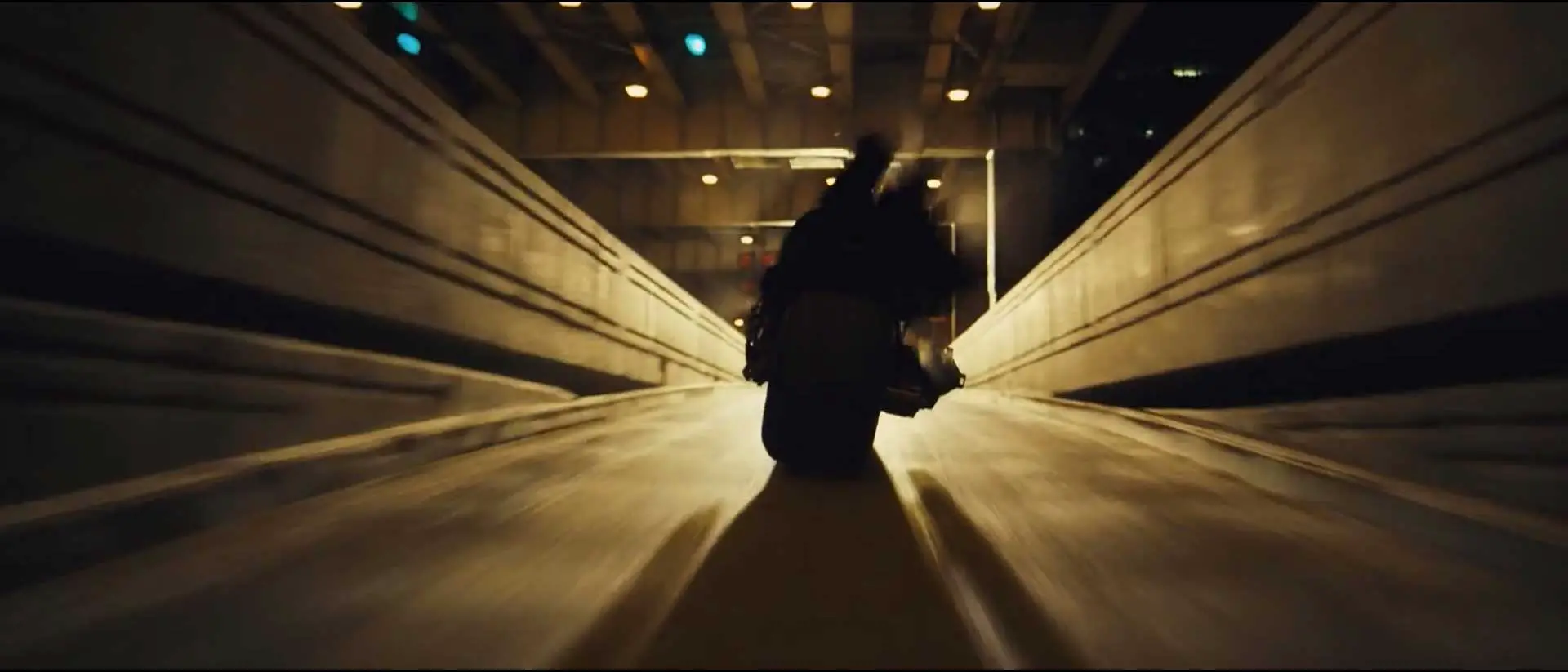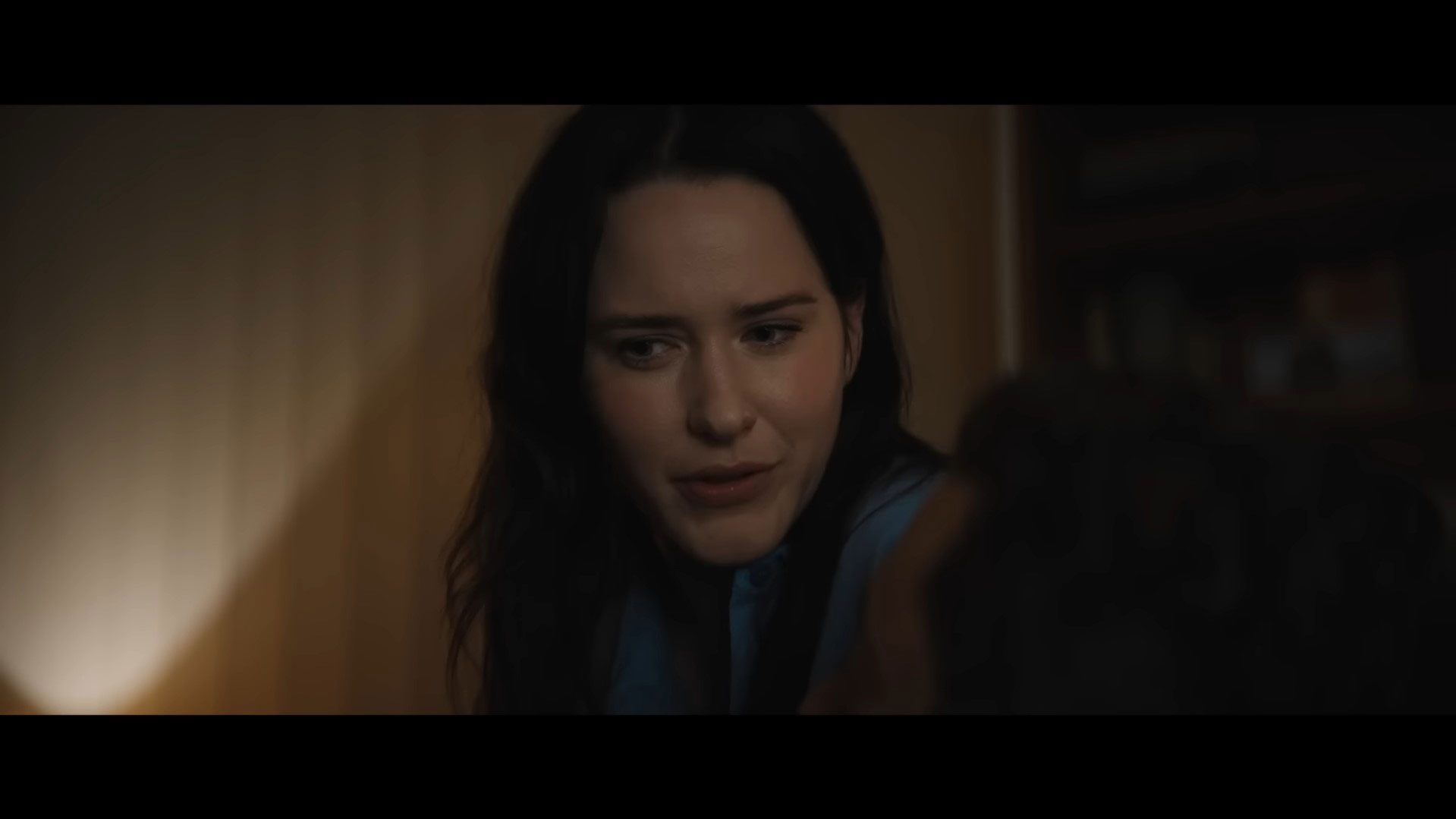
Vigilante Movies
Vigilante movies focus on characters who take the law into their own hands when the system fails them—or fails others. These films are often gritty, intense, and morally complex, asking tough questions about justice, revenge, and whether violence can ever be justified when institutions fall short.
In most vigilante stories, the main character is pushed past their limit. They’ve been wronged, or they’ve seen others suffer without consequences. So they step outside the rules to make things right—usually in dramatic, often violent ways. Think of Death Wish (1974), where a man becomes a one-man war on crime after his family is attacked, or The Punisher, a Marvel antihero who hunts down criminals using military precision.
Other powerful examples include Taxi Driver (1976), which explores isolation and delusion through the eyes of a disturbed man who becomes a self-appointed “cleanser” of New York’s streets, and Gran Torino (2008), where Clint Eastwood’s character confronts his own prejudice while protecting his neighbors from gang violence.
Vigilante films often blur the line between hero and villain. These characters may do bad things for what they believe are good reasons. That tension is what makes the genre so compelling—it taps into the frustration many people feel when justice seems out of reach.
Some vigilante movies lean into action and thrills, while others are more psychological or dramatic. But they all explore the same idea: what happens when someone decides to be judge, jury, and executioner?
At their best, vigilante movies challenge viewers to think about justice, morality, and what happens when society breaks down. They’re stories of ordinary people pushed to extraordinary actions—sometimes for the right reasons, sometimes not—and they leave you questioning what justice really looks like.

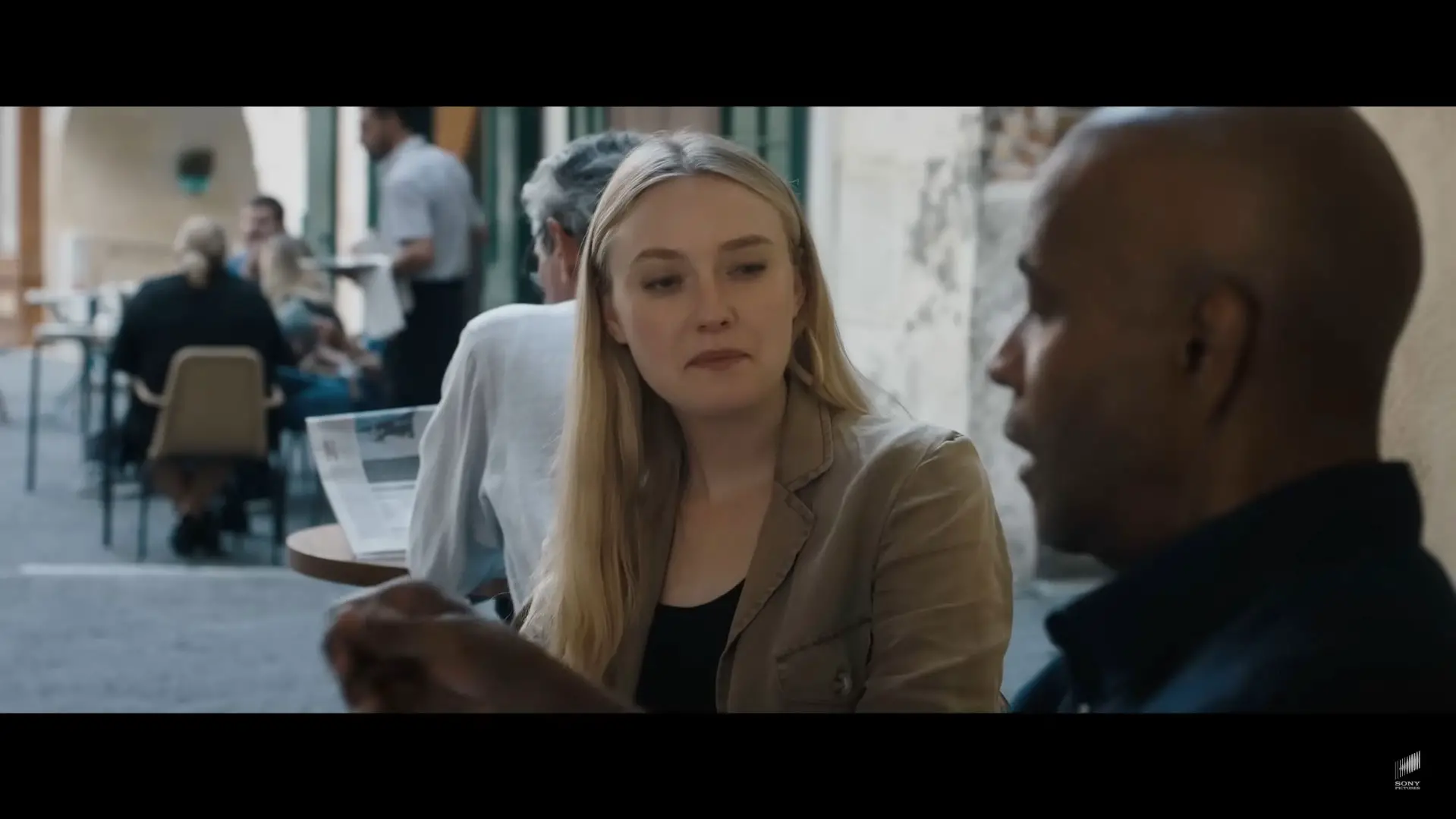
The Equalizer 3

Peppermint

V for Vendetta

The Batman (2022)
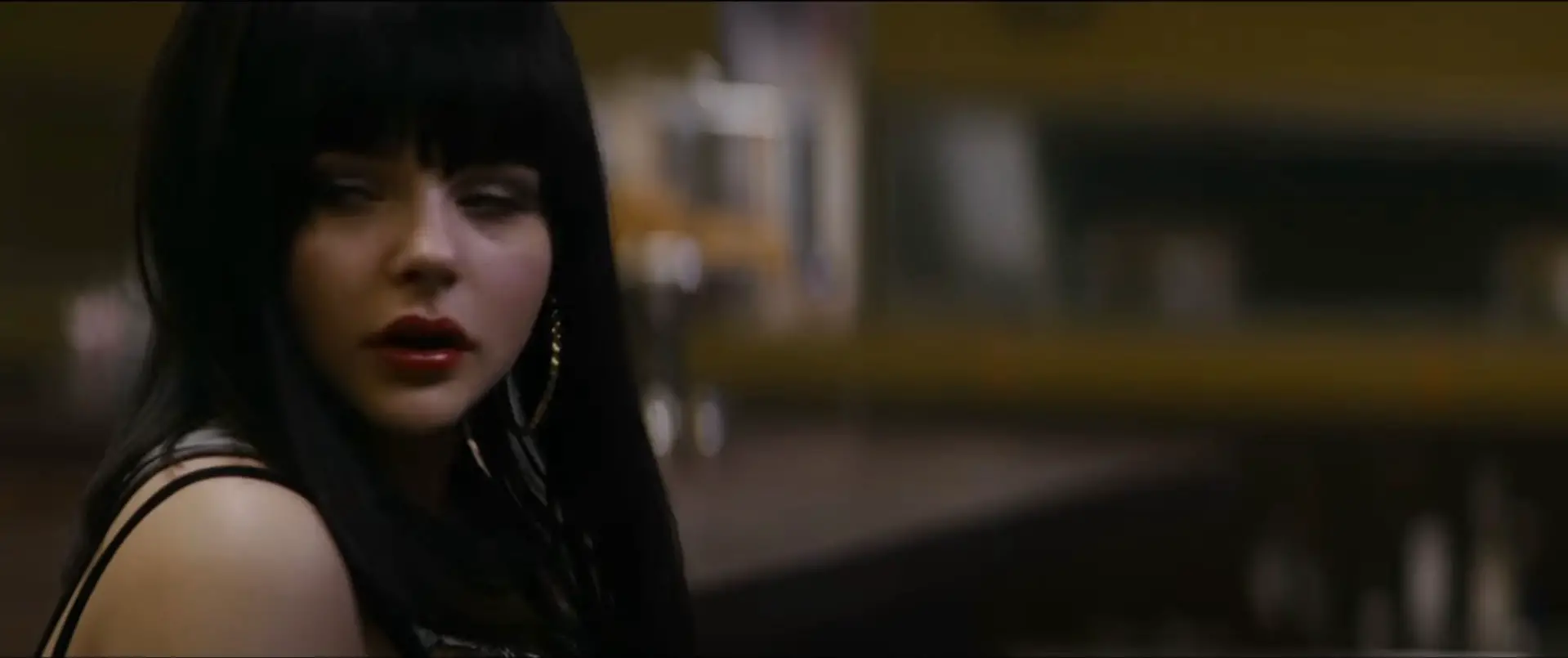
The Equalizer (2014)
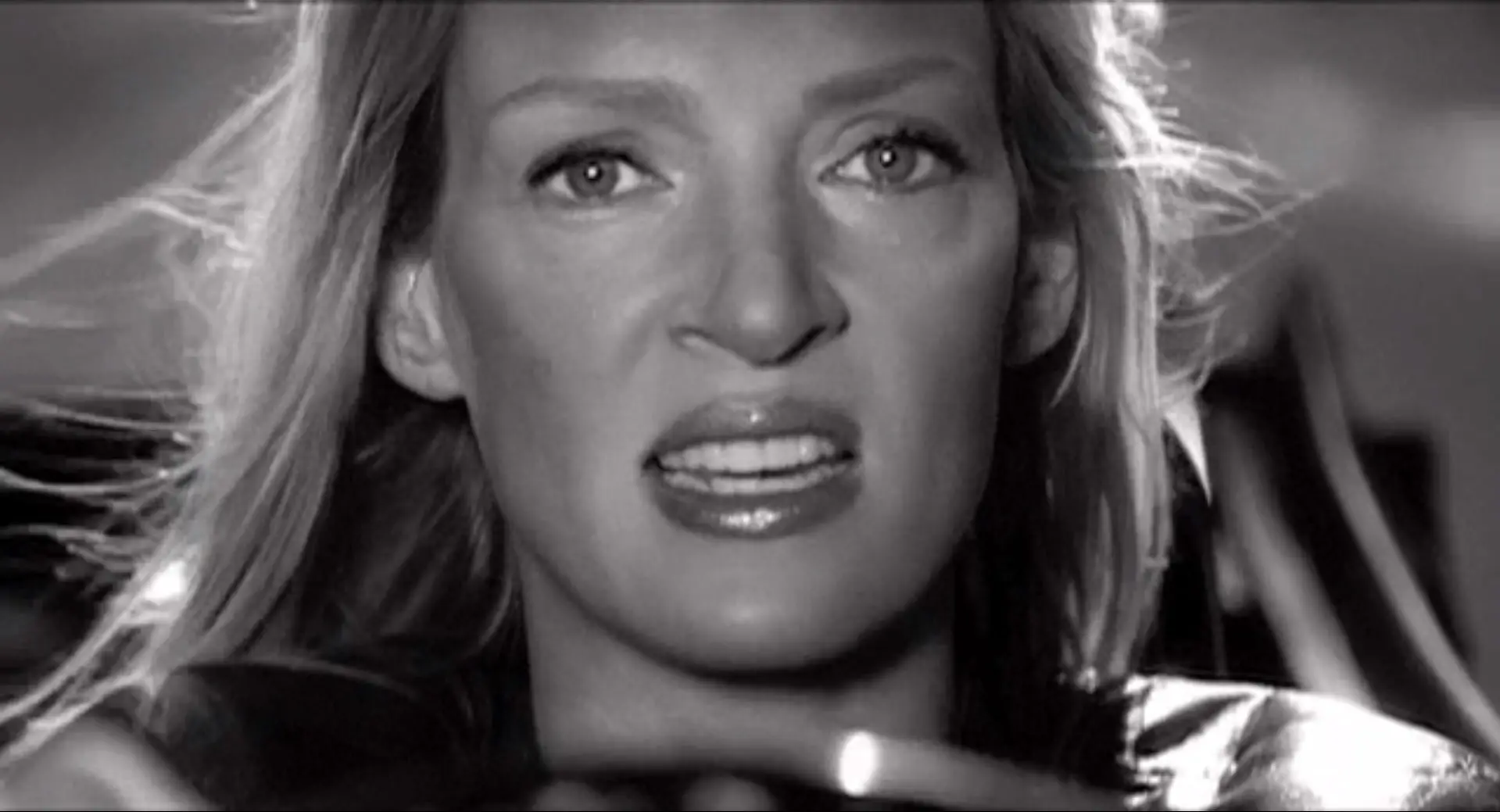
Kill Bill: Volume 2
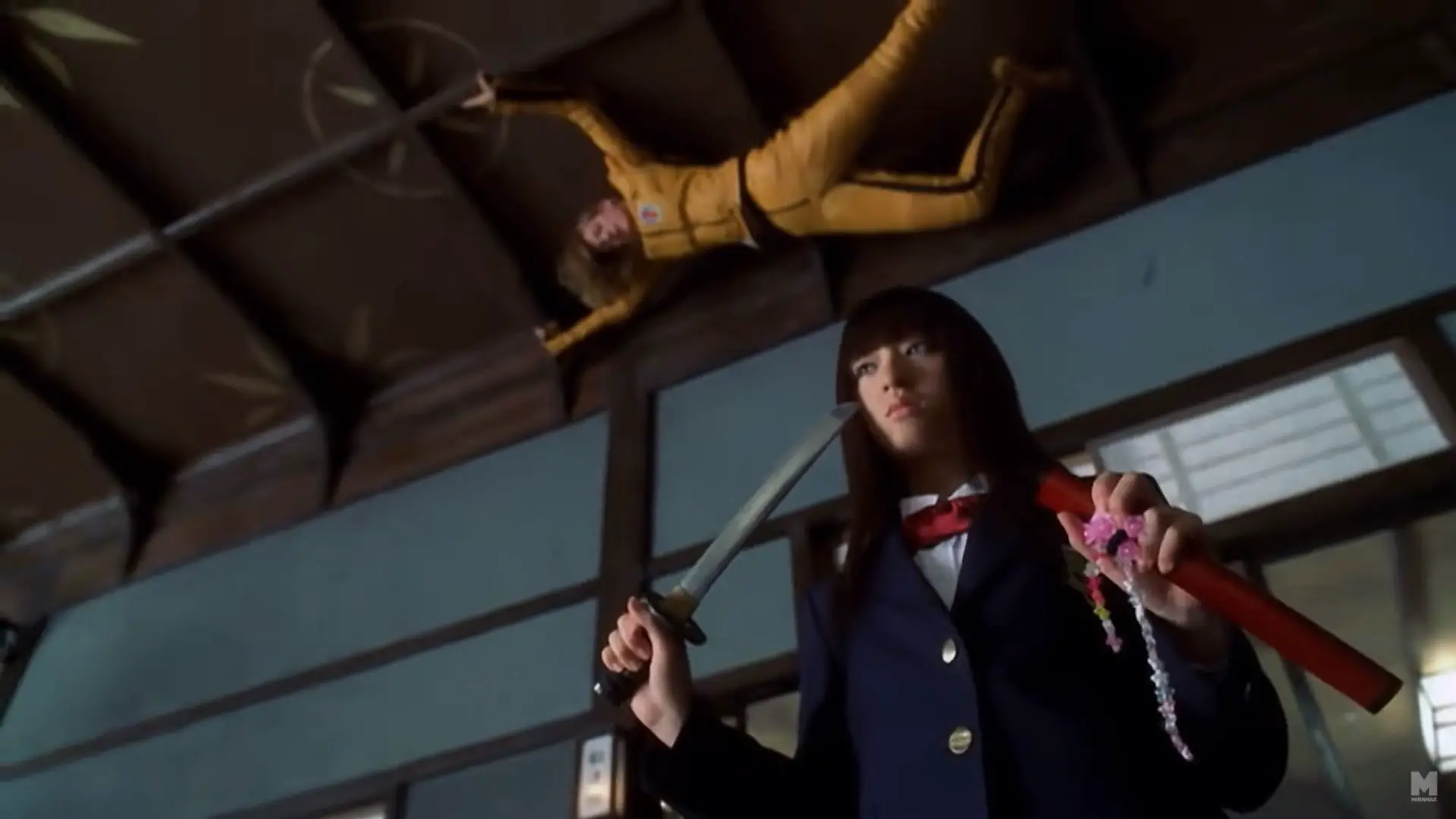
Kill Bill: Volume 1
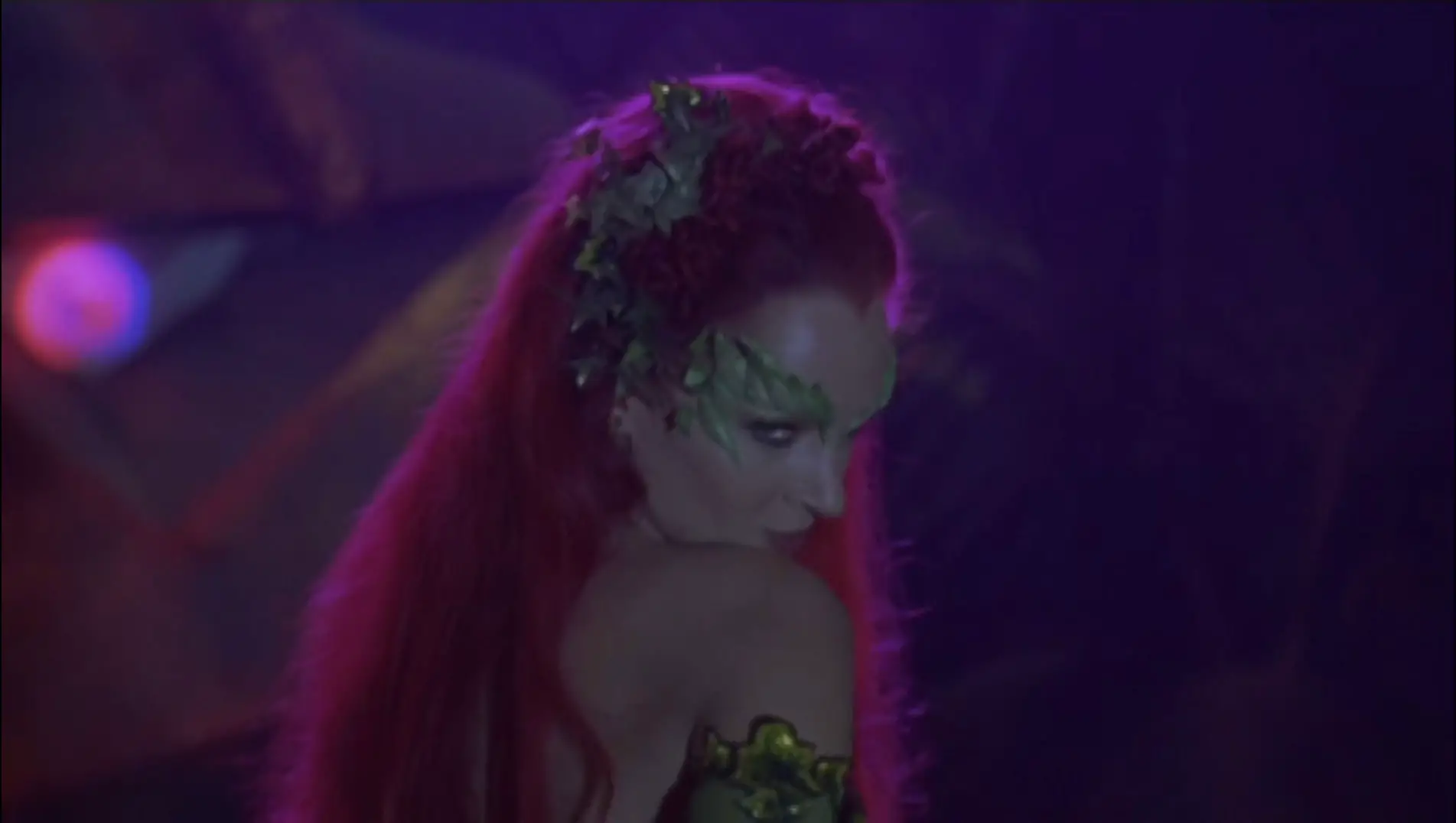
Batman & Robin

Batman Forever
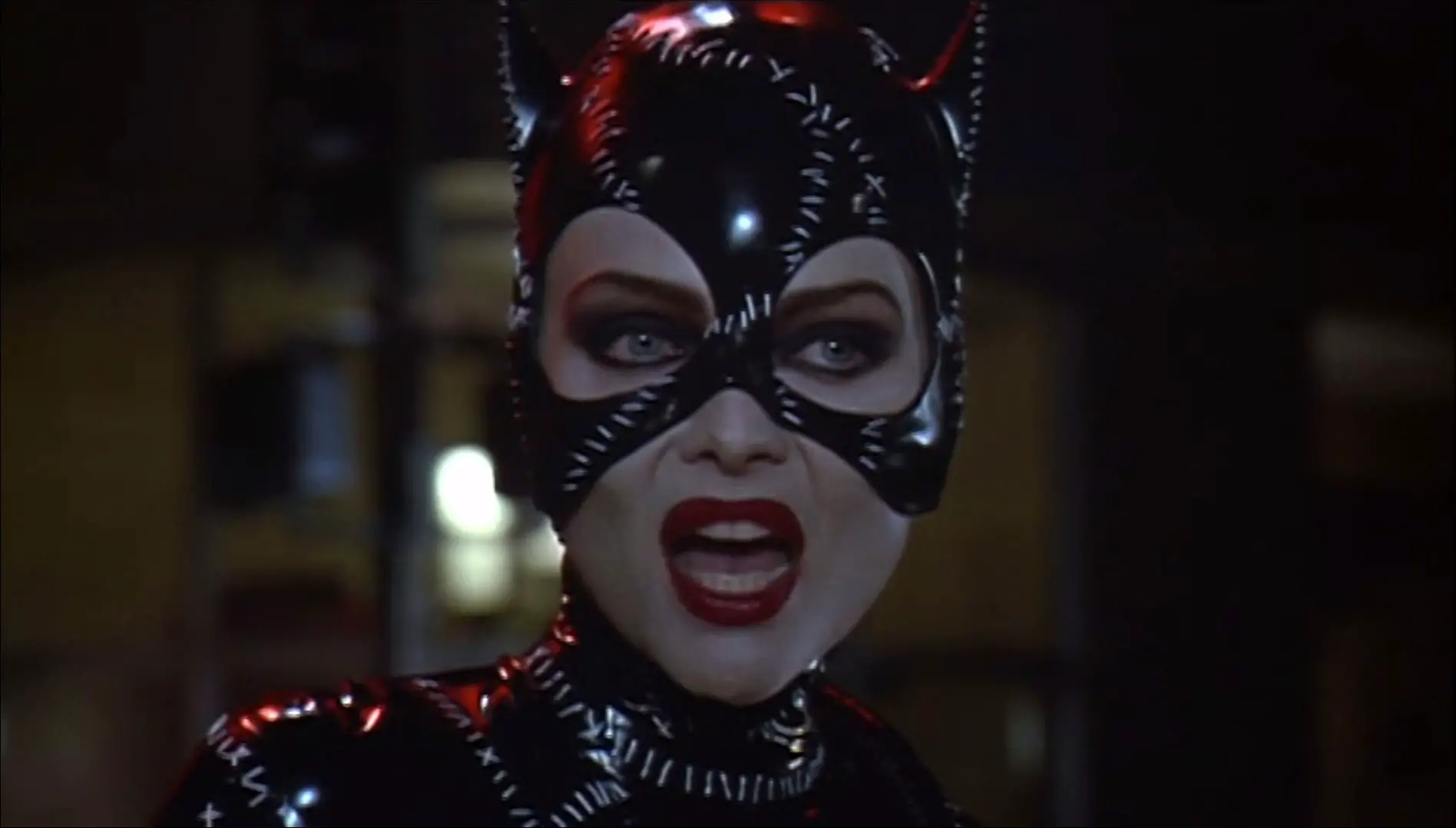
Batman Returns

Batman (1989)
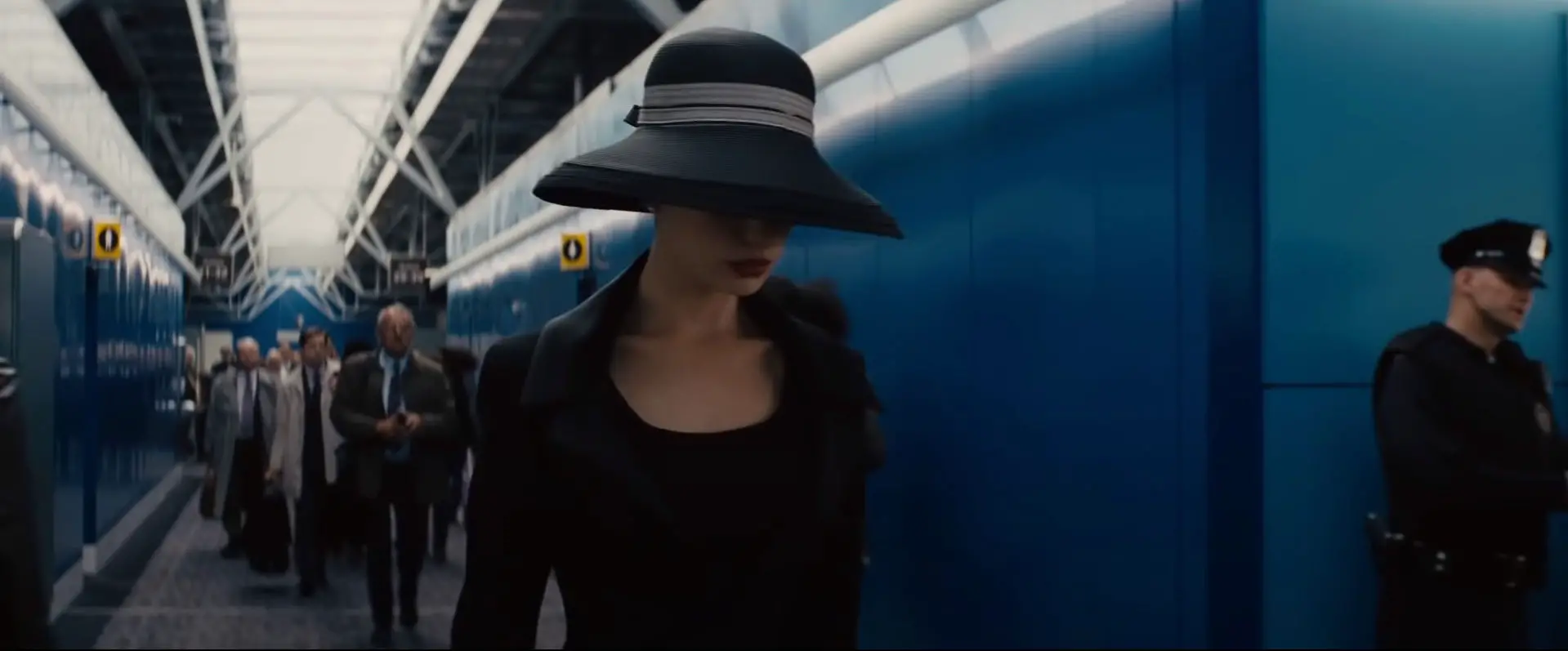
The Dark Knight Rises
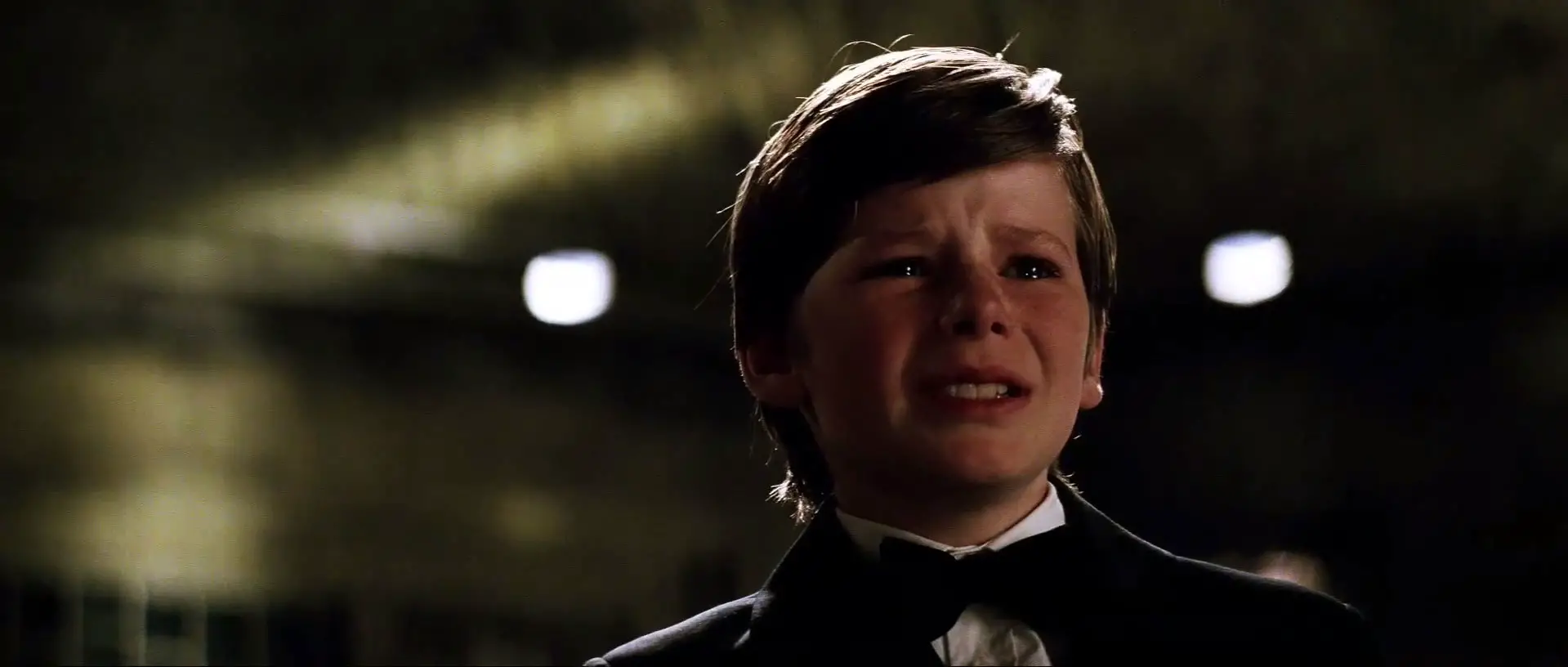
Batman Begins
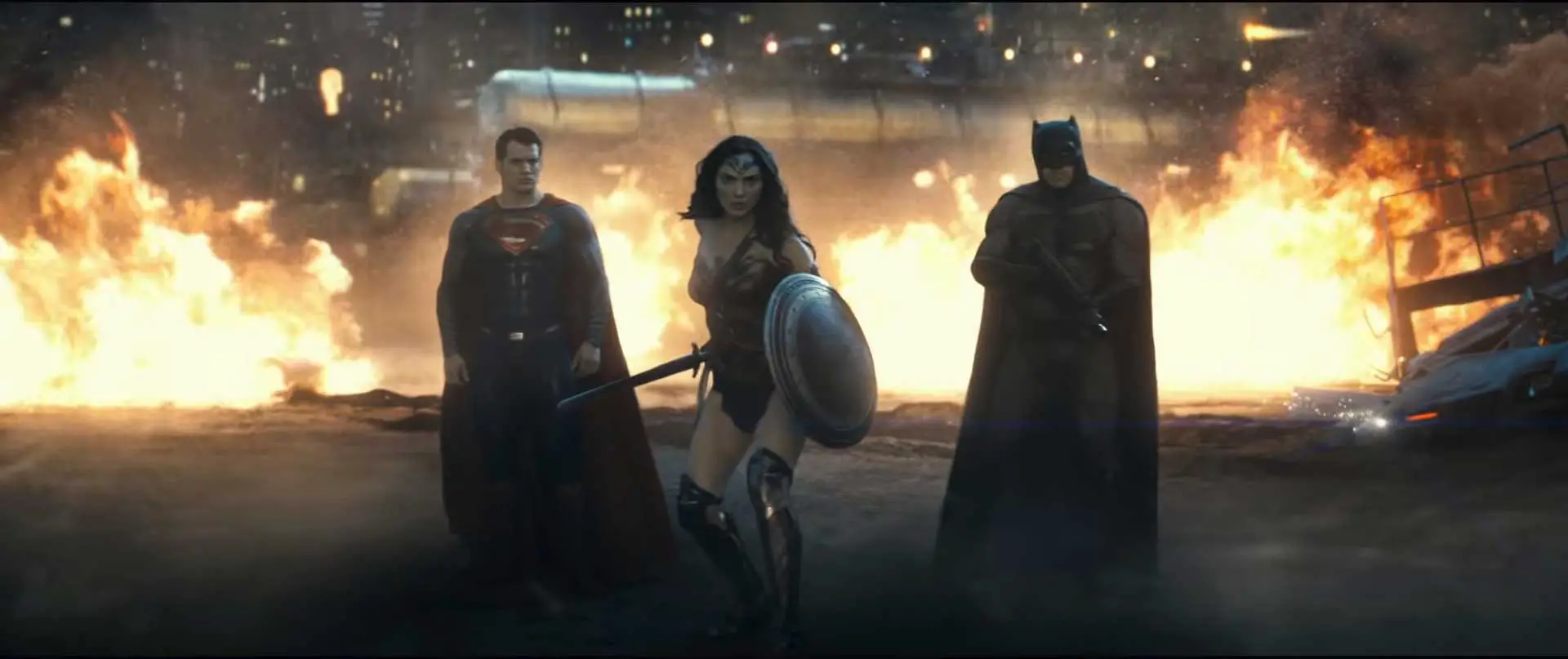
Batman v Superman: Dawn of Justice
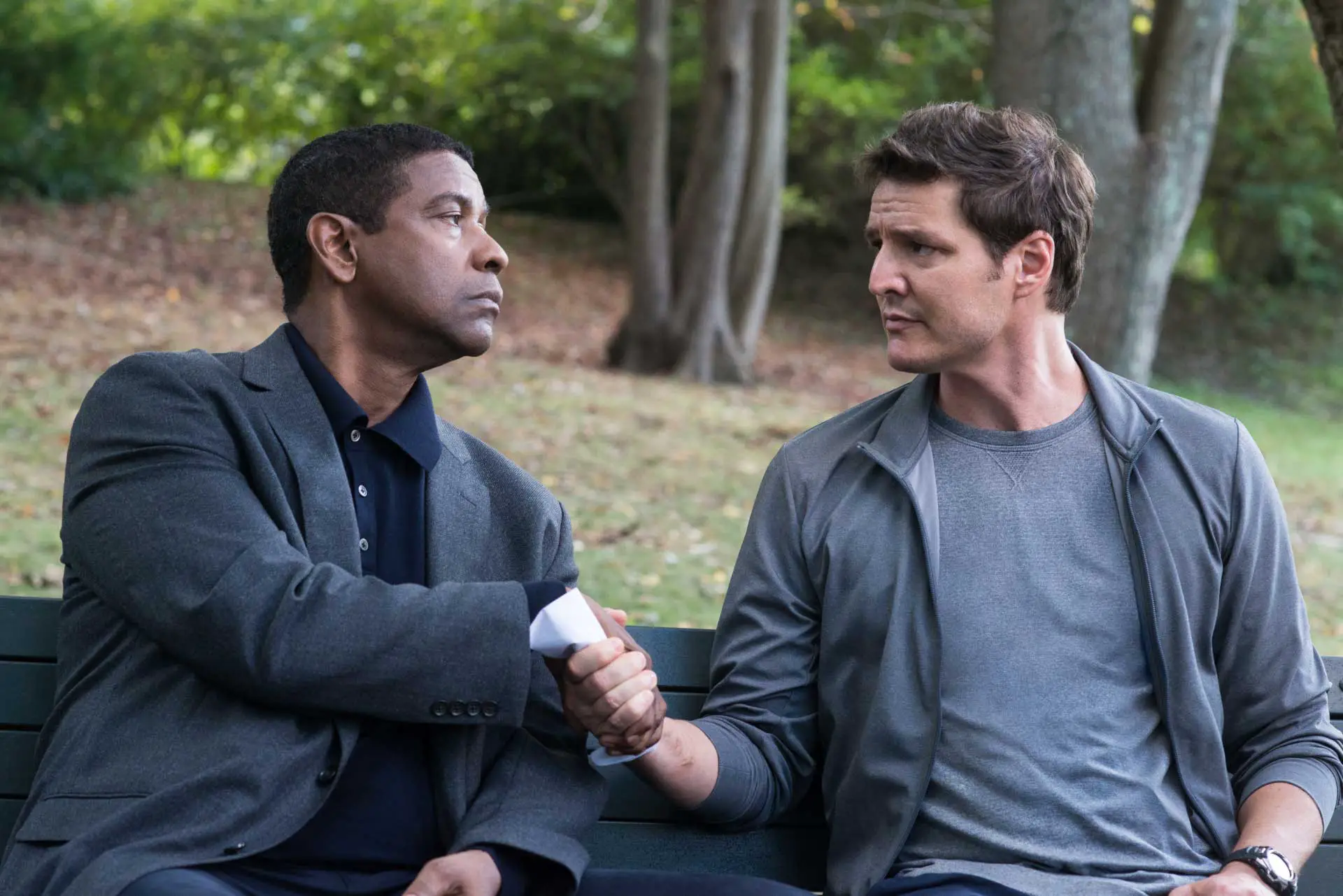
The Equalizer 2
